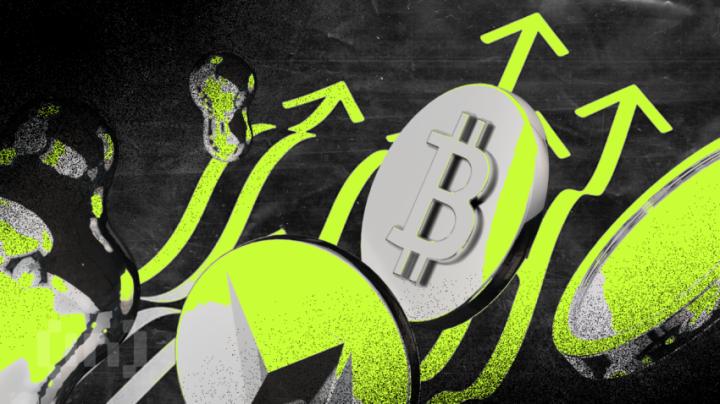The Bank of Korea has established a dedicated virtual asset organization to respond to changes in the global digital asset market, including the spread of dollar stablecoins. This organizational restructuring is interpreted as a move to enhance the Bank of Korea's policy response and technical capabilities amid ongoing discussions about stablecoin institutionalization both domestically and internationally.
On the 28th, the Bank of Korea announced that it has newly installed a 'Virtual Asset Division' within the Financial Payment Department through its second-half regular personnel reshuffle. The Virtual Asset Division will take over and be exclusively responsible for stablecoin-related tasks previously handled by the Electronic Financial Team, and will be composed of up to 6 members. They plan to appoint a division head by the 4th of next month.
The main role of the Virtual Asset Division is to monitor policy and legislative trends related to won stablecoin issuance and prepare analysis and response strategies. In the United States, the GENIUS Act, a comprehensive stablecoin regulatory bill, has passed both houses and been signed by the President, while domestic legislative discussions are also progressing centered on the National Policy Committee and the Planning and Finance Committee.
The GENIUS Act includes the Federal Reserve as a key regulatory agency for stablecoins. There are also possibilities that the Bank of Korea might be included as a regulatory entity alongside the Ministry of Economy and Finance and the Financial Services Commission in the bill currently being prepared by Assemblyman Ahn Do-geol of the Democratic Party.
In this organizational restructuring, the name and function of the digital currency research organization have also been adjusted. The existing Digital Currency Research Office will be renamed to 'Digital Currency Office'. Its subordinate organizations have been subdivided into a 'Digital Currency Technology Team' and a 'Digital Currency Infrastructure Team'. The technology team will handle information technology surveys and privacy protection technologies related to digital currencies, while the infrastructure team will be responsible for actual technology development projects such as building platforms for testing deposit-based digital vouchers and deposit tokens.
A 'Legal and Institutional Research Division' dedicated to legal research on digital payment methods has also been newly established under the Legal and Institutional Affairs Office. This organization will analyze the impact of second-stage virtual asset bills or digital payment method laws on the central bank's monetary policies and prepare institutional alternatives.
Interestingly, the Bank of Korea has retained the Digital Currency Infrastructure Team despite recently suspending the 'Project Han River' digital won test. This suggests that through this organizational restructuring, the bank not only strengthened its virtual asset research capabilities but also potentially maintains the initiative to lead digital currency infrastructure development.
The Bank of Korea maintains that stablecoins could significantly impact financial stability and monetary policy execution, and therefore must be approached gradually and carefully. On the 23rd, at a domestic forum, Ko Gyeong-cheol, head of the Electronic Financial Team, pointed out the risks of private-led issuance, stating that "if currency is supplied through channels where the central bank cannot conduct monetary credit policy, it could impact inflation".






